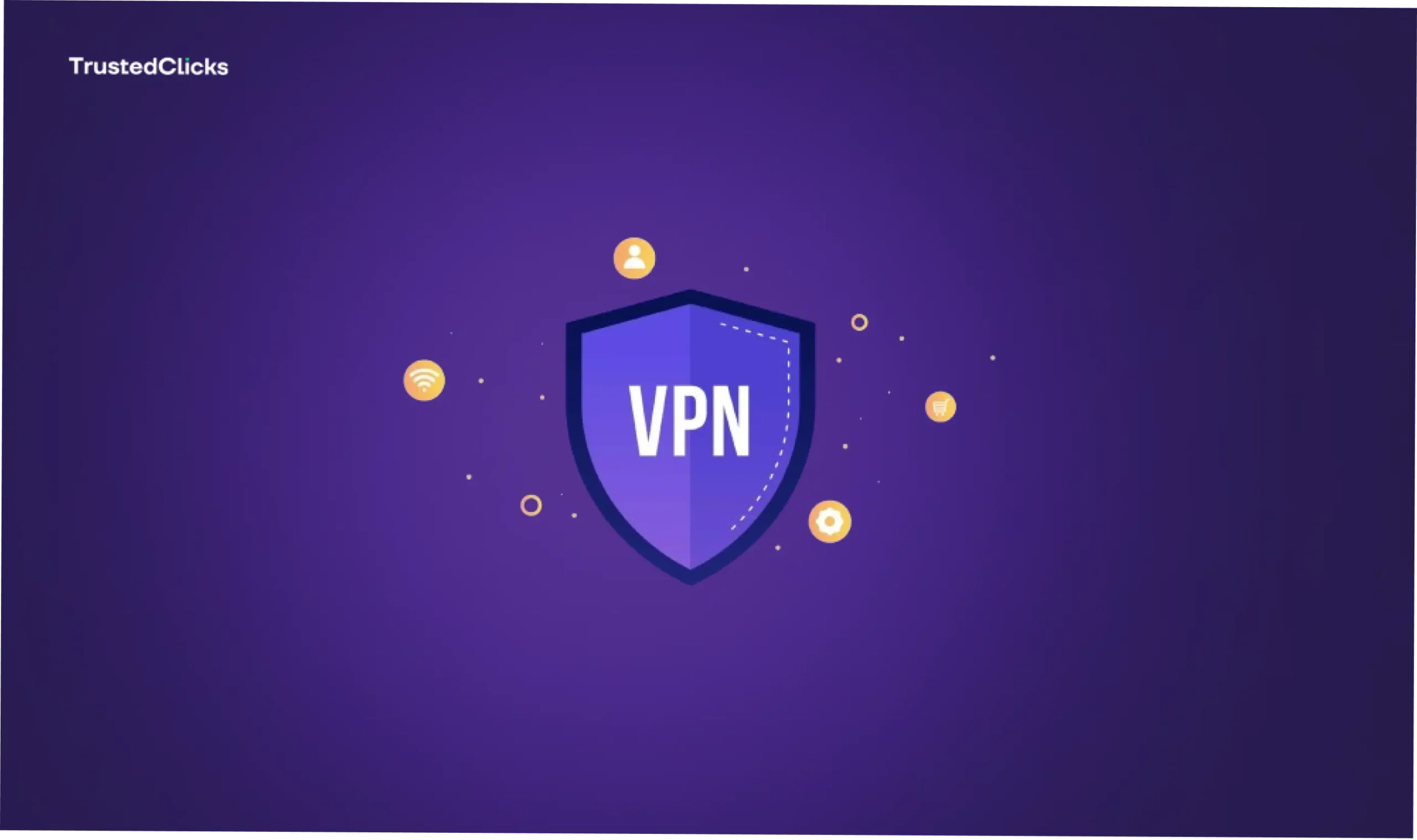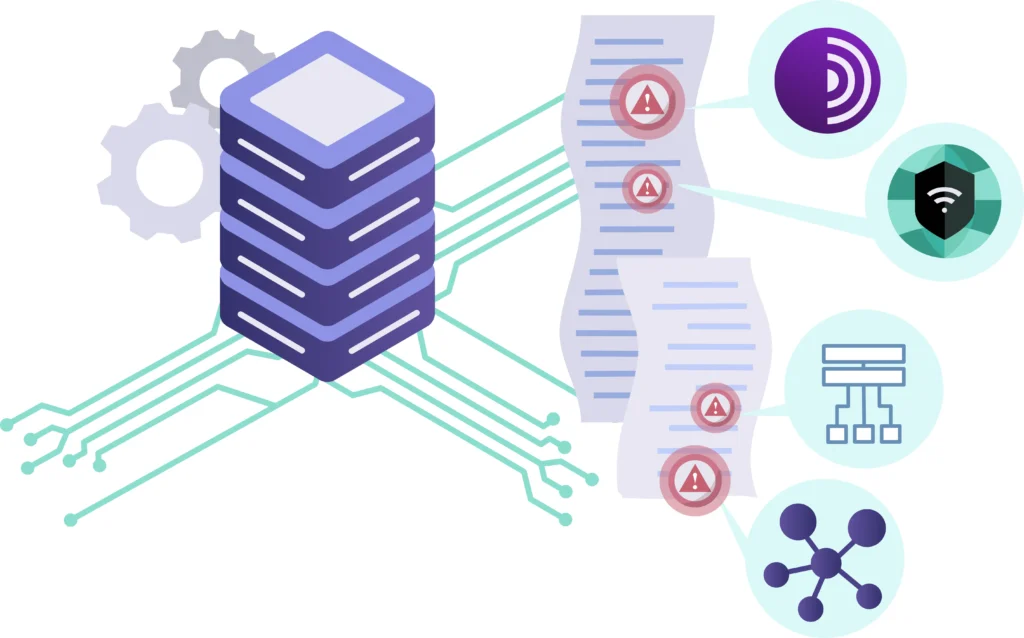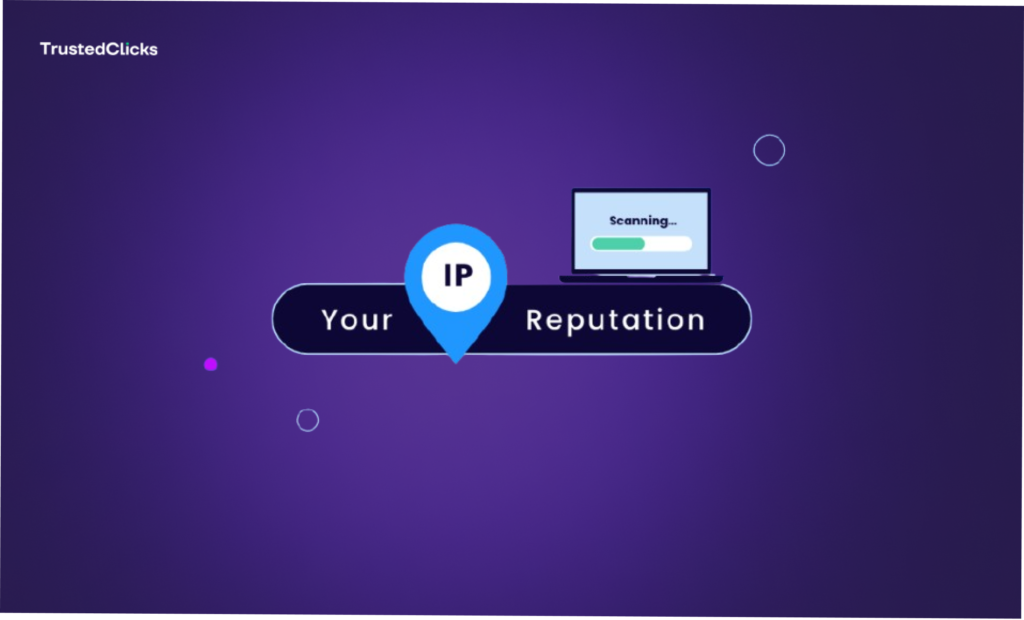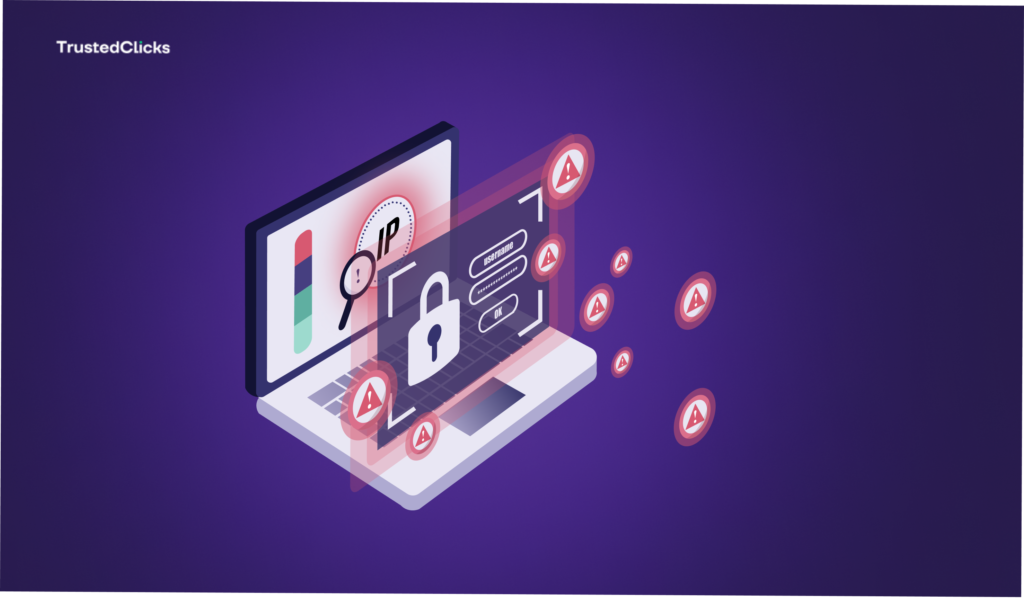- E-Commerce Security
The Role of VPN Detection in Cybersecurity and Fraud Prevention


In the digital age, where internet usage has become a fundamental part of daily life, cybersecurity and fraud prevention are more critical than ever. Organizations and individuals alike are constantly seeking ways to secure their data and protect themselves from malicious actors. One crucial tool in this effort is VPN detection—a technology designed to identify users who are masking their real IP addresses through Virtual Private Networks (VPNs). While VPNs serve legitimate purposes, such as enhancing privacy and bypassing geographical restrictions, they can also be exploited for nefarious activities. This blog post delves into the role of VPN detection in cybersecurity and fraud prevention, exploring its benefits, challenges, and future potential.
Understanding VPNs and Their Legitimate Uses
A VPN, or Virtual Private Network, allows users to establish a secure and encrypted connection to another network over the internet. By routing internet traffic through a server in a location of their choice, VPN users can mask their actual IP address, making it appear as if they are browsing from a different location. This technology provides several legitimate benefits:
Enhanced Privacy: VPNs encrypt internet traffic, protecting users from surveillance by ISPs, hackers, and other third parties.
Bypassing Geo-Restrictions: Users can access content restricted to specific regions, such as streaming services or websites.
Improved Security: VPNs are often used in corporate environments to enable secure remote access to internal systems.
Anonymity: VPNs help users maintain a level of anonymity, making it harder for their online activities to be tracked.
However, the same features that make VPNs valuable can also be misused by cybercriminals, fraudsters, and other malicious actors.
The Dark Side of VPN Usage
While VPNs offer privacy and security benefits, they can also be exploited for illegal or harmful activities. Common misuse cases include:
Fraudulent Transactions: Fraudsters often use VPNs to hide their location, making it difficult for businesses to identify suspicious activities.
Cyber Attacks: VPNs can be used to mask the identity of attackers during distributed denial-of-service (DDoS) attacks, hacking attempts, or phishing campaigns.
Bypassing Security Measures: VPNs enable individuals to bypass firewalls and other security mechanisms, potentially gaining unauthorized access to sensitive systems.
Identity Theft and Impersonation: Malicious actors may use VPNs to impersonate legitimate users, exploiting stolen credentials to access accounts or conduct fraudulent transactions.
The ability of VPNs to obscure a user’s real location and identity presents a significant challenge for cybersecurity teams and fraud prevention systems.
What is VPN Detection?

VPN detection refers to the process of identifying users who are connected to the internet via a VPN. This technology uses a variety of techniques to determine whether an IP address is associated with a VPN server, including:
IP Address Analysis: Checking if the IP address belongs to a known VPN provider.
Packet Inspection: Analyzing the structure of network traffic for patterns indicative of VPN usage.
Behavioral Analysis: Monitoring user behavior for anomalies, such as frequent location changes or inconsistent login patterns.
Database Cross-Referencing: Using databases of known VPN IP addresses to match against incoming traffic.
The Role of VPN Detection in Cybersecurity
In the realm of cybersecurity, VPN detection plays a vital role in mitigating risks and enhancing protection. Here are some of the key applications:
Preventing Account Takeovers Cybercriminals often use VPNs to mask their location when attempting to take over user accounts. VPN detection can flag suspicious login attempts, especially if they originate from regions inconsistent with a user’s typical activity.
Mitigating DDoS Attacks VPNs can be leveraged to obfuscate the source of DDoS attacks. By identifying and blocking traffic from VPN-associated IPs, organizations can reduce the impact of such attacks.
Enhancing Threat Intelligence VPN detection provides valuable insights into potential threats. Identifying users connecting via VPNs can help security teams assess the likelihood of malicious intent and take preemptive action.
Securing Remote Access Many organizations rely on VPNs for secure remote work. VPN detection can help ensure that only authorized VPNs are used, reducing the risk of compromised connections.
VPN Detection in Fraud Prevention
Fraud prevention systems increasingly incorporate VPN detection to combat various forms of online fraud. Key applications include:
Detecting Fraudulent Transactions Financial institutions and e-commerce platforms use VPN detection to identify transactions that may be fraudulent. For example, a user making multiple purchases from different locations within a short timeframe may raise red flags.
Preventing Fake Account Creation VPNs are often used to bypass IP-based restrictions during mass account creation. VPN detection can help identify and block these attempts, maintaining the integrity of online platforms.
Enhancing Geo-Fencing Measures Many businesses rely on geo-fencing to restrict access to their services. VPN detection helps enforce these measures by identifying users attempting to bypass them.
Improving Identity Verification By identifying VPN usage, fraud prevention systems can require additional identity verification steps for high-risk users, reducing the likelihood of impersonation or identity theft.
Challenges of VPN Detection
Despite its advantages, VPN detection is not without challenges. These include:
Evolving VPN Technology VPN providers continuously innovate to evade detection, using techniques such as rotating IP addresses, employing shared IPs, or leveraging obfuscated servers.
False Positives Legitimate users may be flagged as suspicious simply for using a VPN, leading to potential customer dissatisfaction.
Balancing Privacy and Security Overzealous VPN detection can infringe on users’ privacy rights, especially in regions where VPN usage is necessary for free expression or evading censorship.
Resource Intensive Implementing and maintaining effective VPN detection systems requires significant computational and human resources.
The Future of VPN Detection
As the use of VPNs continues to grow, so too will the importance of VPN detection in cybersecurity and fraud prevention. Emerging technologies and trends are likely to shape the future of this field:
AI and Machine Learning Advanced algorithms can analyze vast amounts of data to identify VPN usage with greater accuracy, reducing false positives and improving threat detection.
Collaborative Databases Shared repositories of VPN-associated IPs, updated in real-time, will enhance the effectiveness of VPN detection across industries.
Integration with Behavioral Analytics Combining VPN detection with sophisticated behavioral analysis will provide a more comprehensive approach to identifying threats and fraudulent activities.
Regulatory Compliance As governments and regulatory bodies place greater emphasis on cybersecurity, organizations may face increased pressure to implement robust VPN detection systems.
Frequently Asked Questions
Why is VPN detection important for cybersecurity?
VPN detection helps identify potential threats by flagging users who mask their location or identity, enabling organizations to mitigate risks such as fraud, account takeovers, and cyberattacks.
Can VPN detection infringe on user privacy?
While VPN detection aims to enhance security, it must be implemented responsibly to avoid infringing on users’ privacy, particularly in regions where VPNs are used for legitimate purposes like evading censorship.
How does VPN detection impact fraud prevention?
By identifying users who use VPNs to hide their real location, fraud prevention systems can flag high-risk transactions, detect fake accounts, and enforce geo-fencing measures more effectively.
What challenges do organizations face with VPN detection?
Key challenges include evolving VPN technologies that evade detection, managing false positives, balancing privacy and security concerns, and the resource-intensive nature of maintaining detection systems.
Conclusion
VPN detection is a powerful tool in the ongoing battle against cybercrime and fraud. By identifying users who mask their online activities, organizations can mitigate risks, enhance security, and protect their customers. However, striking the right balance between security and privacy remains a critical challenge. As technology evolves, so too will the methods for detecting and addressing VPN usage, ensuring a safer digital landscape for all.
Table of Contents
Join our community!
Subscribe to our newsletter for the latest updates, exclusive content, and more. Don’t miss out—sign up today!
Recent Posts

The Importance of IP Reputation for Online Security and Marketing
- 6 mins read

Secure and Optimize Your Online Operations with IP Tracking
- 3 mins read

How Malicious IPs Contribute to DDoS Attacks and What You Can Do About It
- 3 mins read



